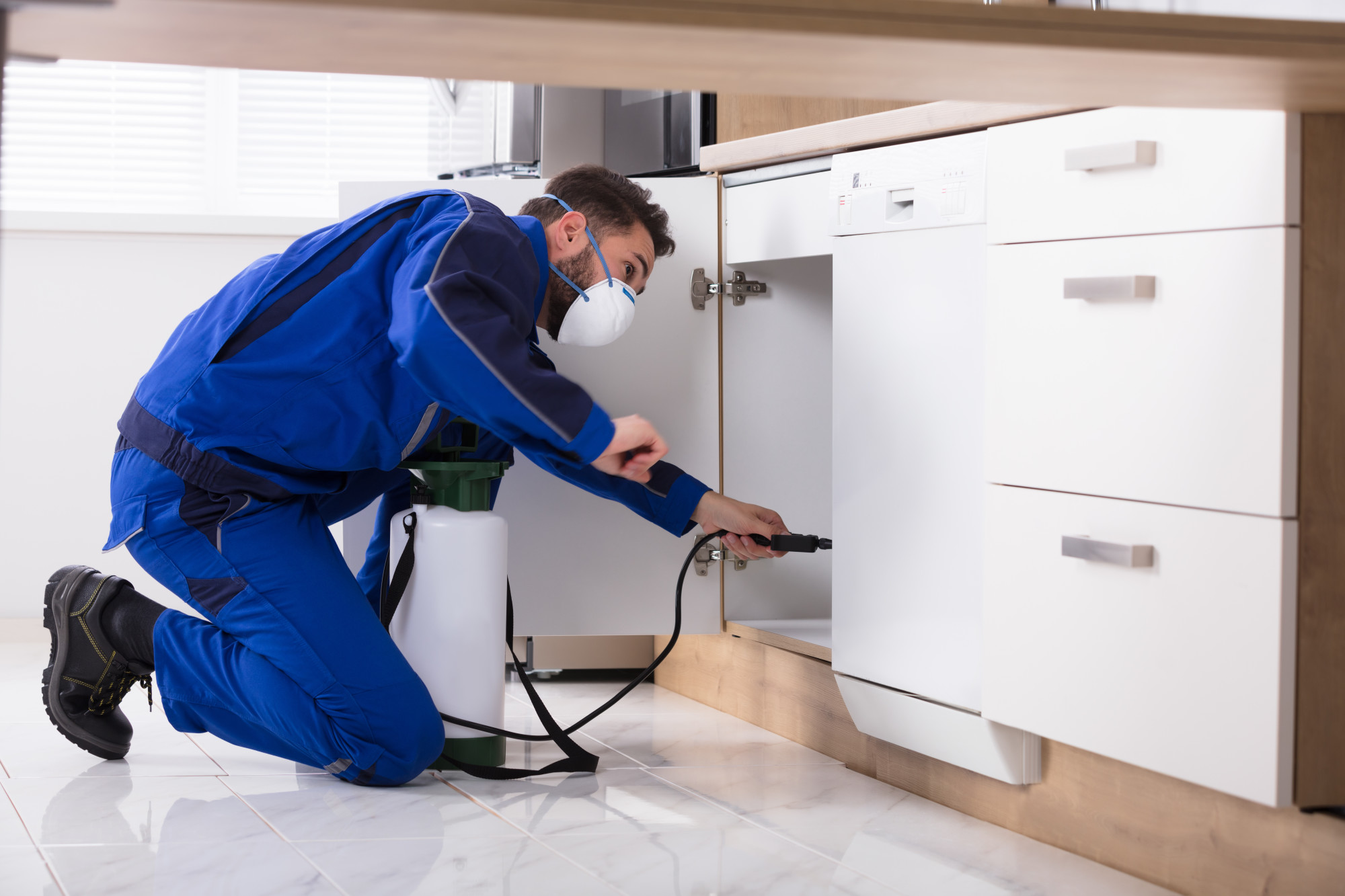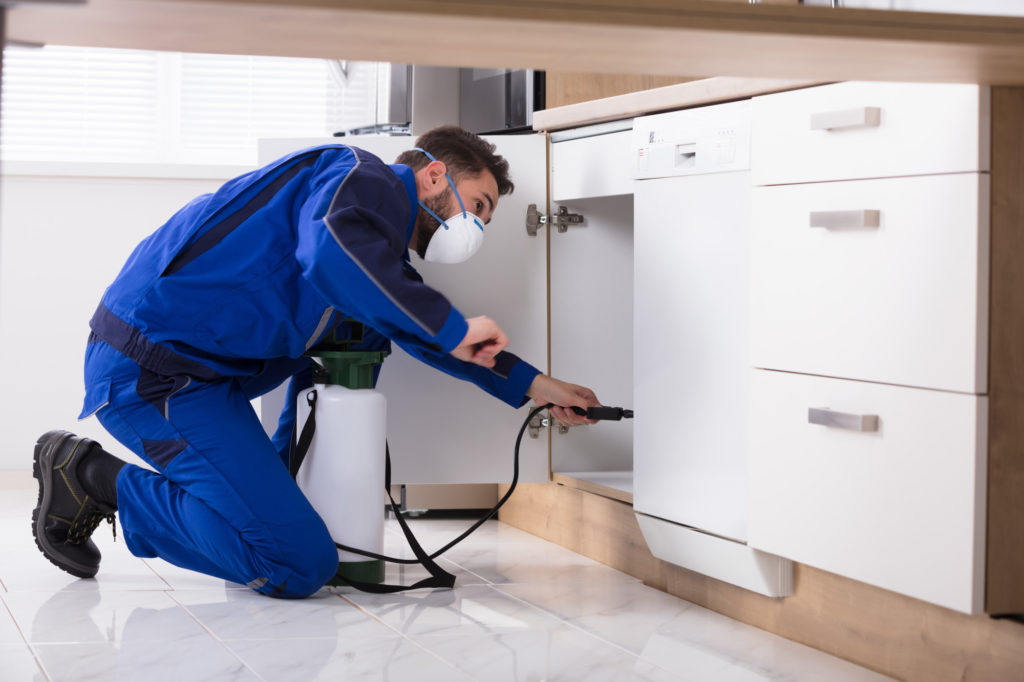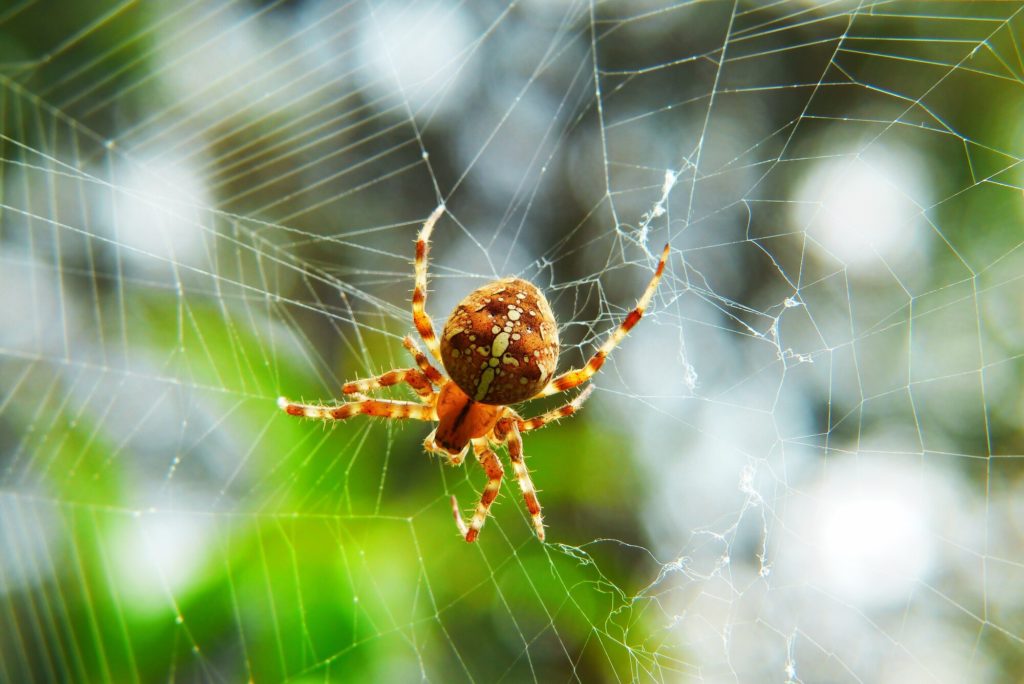
Everything You Should Expect from a Pest Control Service in 2024
Pest control is a critical aspect of maintaining a healthy and comfortable home environment. From rodents to insects, pests can cause significant damage to property and pose serious health risks to residents. Hiring a professional pest control service is the most effective way to manage and eliminate these unwanted guests. This blog provides a comprehensive overview of what you should expect from a pest control service in 2024, helping you make an informed decision and ensure your home remains pest-free.
The Importance of Professional Pest Control
Pest infestations can lead to various problems, including structural damage, health issues, and a general decline in the quality of life. Professional pest control services offer several advantages:
- Expert Knowledge: Trained technicians understand pest behavior and the most effective methods for eradication.
- Advanced Techniques: Professionals use the latest tools and treatments that are often more effective than DIY solutions.
- Safety: Proper handling and application of pest control products ensure the safety of residents and pets.
- Prevention: Long-term strategies to prevent future infestations.
Initial Consultation and Inspection
The process typically begins with an initial consultation and thorough inspection. This step is crucial for identifying the type of pests, the extent of the infestation, and potential entry points.

What to Expect During the Initial Consultation:
Scheduling and Preparation
When you first contact a pest control service, you will schedule an appointment for an inspection. The company may provide preliminary instructions, such as clearing specific areas or making note of pest sightings, to help with the inspection process.
Professional Inspection
A trained technician will visit your property to conduct a detailed inspection. They will:
- Examine both the interior and exterior of your home.
- Identify the type of pests and assess the severity of the infestation.
- Locate potential entry points, such as cracks, gaps, and openings.
- Look for signs of pest activity, including droppings, nests, and damage.
Discussion of Findings
After the inspection, the technician will discuss their findings with you. They will explain the type of pests present, the extent of the infestation, and any factors contributing to the problem.
Customized Treatment Plan
Based on the inspection results, the technician will develop a customized treatment plan tailored to your specific needs. This plan will outline the recommended treatments, the timeline for eradication, and preventive measures to avoid future infestations.

Types of Pest Control Treatments
Professional pest control services offer various treatments designed to target specific pests and situations. Understanding these treatments can help you know what to expect and ensure the chosen method is suitable for your home.
Chemical Treatments
Chemical treatments involve using pesticides to eliminate pests. These treatments can be applied in various forms, including sprays, baits, and dusts.
Advantages:
- Effective for a wide range of pests.
- Provides quick results.
Considerations:
- Ensure the service uses EPA-approved, safe pesticides.
- Follow any safety instructions provided by the technician.
Biological Treatments
Biological treatments use natural predators or pathogens to control pest populations. This eco-friendly approach minimizes the use of chemical pesticides.
Advantages:
- Environmentally friendly.
- Safe for humans and pets.
Considerations:
- May take longer to see results compared to chemical treatments.
Mechanical Treatments
Mechanical treatments involve physical methods to eliminate or deter pests. This includes traps, barriers, and exclusion techniques.
Advantages:
- No chemicals involved.
- Effective for rodents and larger pests.
Considerations:
- Requires regular monitoring and maintenance.

Integrated Pest Management (IPM)
Integrated Pest Management is a comprehensive approach that combines multiple strategies to control pests effectively and sustainably. IPM focuses on long-term prevention and minimal use of chemical pesticides.
Advantages:
- Holistic approach to pest control.
- Reduces reliance on chemical treatments.
Considerations:
- Requires a thorough understanding of pest behavior and habitat.
The Treatment Process
Once the treatment plan is established, the pest control service will proceed with the eradication process. Here’s what you can expect during the treatment:
Preparation
Before the treatment begins, the technician may provide specific preparation instructions. This can include:
- Clearing clutter and moving furniture away from walls.
- Covering or removing food items and utensils.
- Keeping pets and children away from the treatment area.
Application
The technician will apply the chosen treatment method according to the customized plan. This process may involve:
- Spraying insecticides or applying baits in targeted areas.
- Setting traps and installing barriers for rodents.
- Implementing biological controls, such as releasing beneficial insects.
Safety Measures
Professional pest control technicians prioritize safety during the treatment process. They will:
- Use personal protective equipment (PPE) as needed.
- Follow strict protocols for handling and applying pesticides.
- Ensure proper ventilation and advise on any safety precautions for residents.

Post-Treatment Inspection
After the initial treatment, the technician will conduct a follow-up inspection to assess the effectiveness of the treatment and determine if any additional measures are needed. They will:
- Check for signs of remaining pest activity.
- Reapply treatments or adjust the plan if necessary.
- Provide recommendations for ongoing prevention and maintenance.
Preventive Measures and Long-Term Solutions
Effective pest control involves not only eliminating existing infestations but also implementing preventive measures to avoid future problems. Here are some preventive strategies that professional pest control services may recommend:
Sealing Entry Points
Prevent pests from entering your home by sealing cracks, gaps, and openings. This includes:
- Repairing damaged screens and vents.
- Using weather stripping on doors and windows.
- Sealing gaps around pipes and utility lines.
Proper Waste Management
Pests are attracted to food and waste. Proper waste management can help deter them. Tips include:
- Keeping trash cans tightly sealed.
- Regularly cleaning garbage areas.
- Disposing of food waste promptly.
Landscaping and Yard Maintenance
Your yard can be a breeding ground for pests. Maintain your outdoor areas by:
- Trimming shrubs and trees away from the house.
- Removing standing water and debris.
- Using pest-resistant plants.
Regular Inspections
Schedule regular inspections with a pest control service to detect and address potential issues early. This proactive approach can prevent minor problems from becoming major infestations.

Communication and Customer Service
Effective communication and excellent customer service are hallmarks of a reputable pest control company. Here’s what you should expect in terms of communication and support:
Clear Explanations
Technicians should provide clear explanations of the inspection findings, treatment plan, and any safety measures. You should feel informed and confident about the process.
Transparent Pricing
A professional pest control service will offer transparent pricing with no hidden fees. The initial quote should outline all costs associated with the inspection, treatment, and follow-up visits.
Responsive Support
Choose a company that offers responsive customer support. Whether you have questions about the treatment or need assistance with a pest-related issue, the company should be easily accessible and willing to help.
Satisfaction Guarantee
Many reputable pest control services offer a satisfaction guarantee. This means they will return to address any recurring issues at no additional cost, ensuring you receive the desired results.

Environmental Considerations
As environmental awareness grows, many pest control services are adopting eco-friendly practices. If sustainability is important to you, look for a company that prioritizes environmentally responsible methods.
Green Pest Control
Green pest control involves using environmentally friendly products and techniques. These methods minimize the impact on the environment and reduce exposure to harmful chemicals.
Integrated Pest Management (IPM)
As mentioned earlier, IPM is a sustainable approach that combines various strategies to manage pests effectively. This approach emphasizes long-term prevention and minimal chemical use.

Evaluating the Effectiveness of Pest Control Services
After the treatment, it’s important to evaluate the effectiveness of the pest control service to ensure your home remains pest-free. Here are some steps to take:
Monitoring and Follow-Up
Continue to monitor your home for any signs of pest activity. If you notice any issues, contact the pest control service promptly for a follow-up inspection and treatment.
Regular Maintenance
Implement the preventive measures recommended by the pest control service to maintain a pest-free environment. Regular maintenance is key to long-term success.
Customer Feedback
Provide feedback to the pest control company about your experience. Positive feedback can reinforce good practices, while constructive criticism can help the company improve its services.
Hiring a professional pest control service is a smart investment in the health and comfort of your home. By understanding what to expect from a pest control service in 2024, you can make an informed decision and ensure your home remains pest-free. From the initial consultation and inspection to customized treatment plans and preventive measures, professional pest control services offer comprehensive solutions to protect your property. With clear communication, excellent customer service, and a commitment to environmental responsibility, a reputable pest control company can provide peace of mind and a healthier living environment for you and your family.


